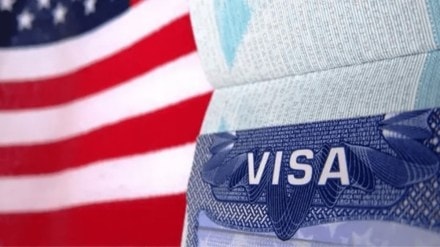EB-2 Visa Availability 2025: The US has reached the maximum cap for the issuance of visas under the Employment-Based Second Preference (EB-2) category for the fiscal year 2025.
The State Department, in conjunction with U.S. Citizenship and Immigration Services, has exhausted all immigrant visas allocated for the Employment-Based Second Preference (EB-2) category for fiscal year 2025.
Annual limit for EB-2 visas
The Immigration and Nationality Act (INA) limits the number of employment-based preference immigrant visas that may be issued within a fiscal year.
Specifically, INA provides that the annual limit for EB-2 visas is 28.6 percent of the worldwide employment limit.
Since all available EB-2 visas for FY 2025 have been used, embassies and consulates may not issue visas in these categories for the remainder of the fiscal year.
The annual limits will reset with the start of the new fiscal year (FY 2026) on October 1, 2025. At that point, embassies and consulates may resume issuing immigrant visas in this category to qualified applicants.
Employment-Based Second Preference Category
Employment-Based Second Preference or the EB-2 category allows for the legal travel of individuals with advanced degrees and exceptional abilities, who significantly contribute to various industries in the U.S. economy.
An employment-based, second-preference visa may be granted to individuals with advanced degrees or exceptional abilities in their profession.
The eligibility criteria for EB-2 visas are determined under two sub-categories – Advanced Degree and Exceptional Ability.
EB-2 visa under the Advanced Degree requires an advanced degree or foreign equivalent degree plus 5 years of work experience in the field.
EB-2 visa under the Exceptional Ability requires you to demonstrate exceptional ability in the sciences, arts, or business, demonstrating expertise significantly above standard, and meeting applicable labor certification requirements.
EB-2 visa holders’ spouses and any unmarried children under 21 may be able to seek admission to the US in E-21 and E-22 immigrant status, respectively, if their I-140 petition is granted.
